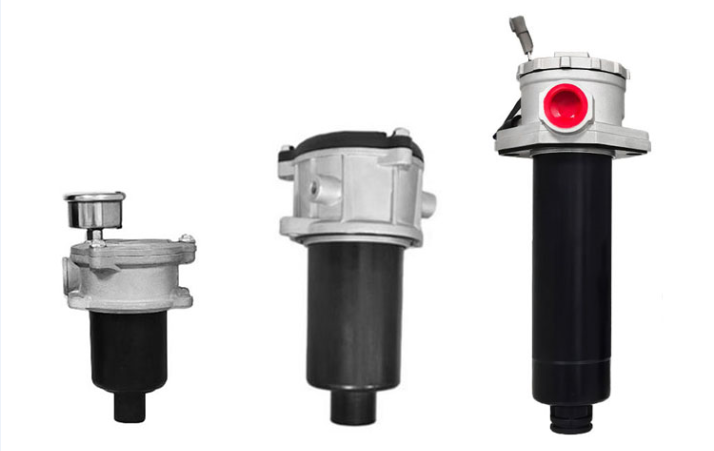Filter oil leakage can be caused by a variety of factors, the following are specific:
1. The filter element is damaged or aged
The filter element of the filter is its core component, and if the filter element is aging due to long-term use or damaged by external factors (such as excessive pressure and high temperature), it may lead to oil leakage.
2. Poor sealing
The seal ring or gasket of the filter, if damaged or improperly installed, may cause grease to leak out of the poorly sealed area.
3. Too much stress
If the pressure inside the filter exceeds the pressure it is designed to withstand, it may cause damage to the filter element or filter housing, resulting in oil leakage.
4. The installation of filter is incorrect
The filter can also cause oil leakage if it is not installed in the correct way, such as too tight or too loose.
5. Quality defects of filter
If the filter itself has a manufacturing defect, such as material problems or poor processing, it can also lead to oil leakage.
6. Filter element replacement is not timely
If the filter element is clogged seriously and not replaced in time, it may lead to oil leakage from the bypass valve.
7. The bypass valve is faulty
Some filter designs have bypass valves that allow the oil to continue to flow around the filter element when it is blocked. If the bypass valve fails, it may also lead to oil leakage.
8. The ambient temperature changes
Extreme ambient temperatures may affect the sealing performance of the filter, resulting in oil leakage.
9. Vibration and shock
Vibration or shock during the operation of the equipment may cause the filter connection to loosen, resulting in oil leakage.
10. Use after the expiration date
If the filter continues to be used beyond the designed service life, it may cause oil leakage due to problems such as material aging.
11. Wrong selection
If the selection of the filter does not match the system, it may cause the filter to be unable to withstand the working pressure or flow of the system, resulting in oil leakage.

